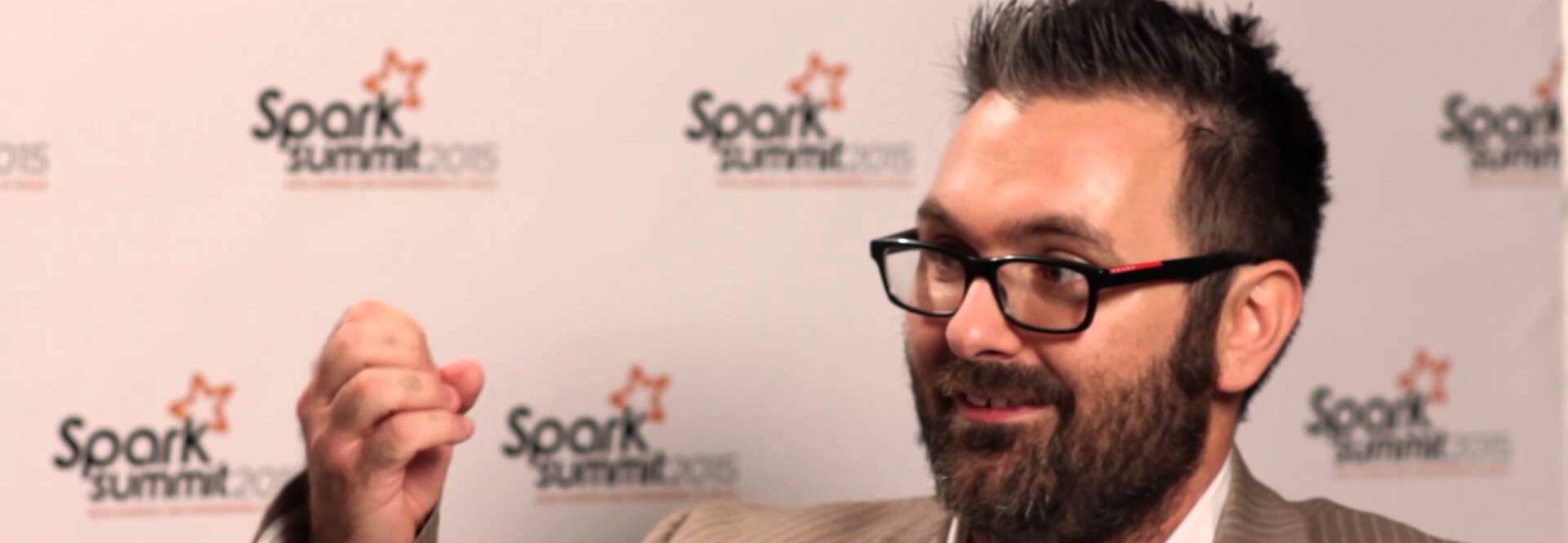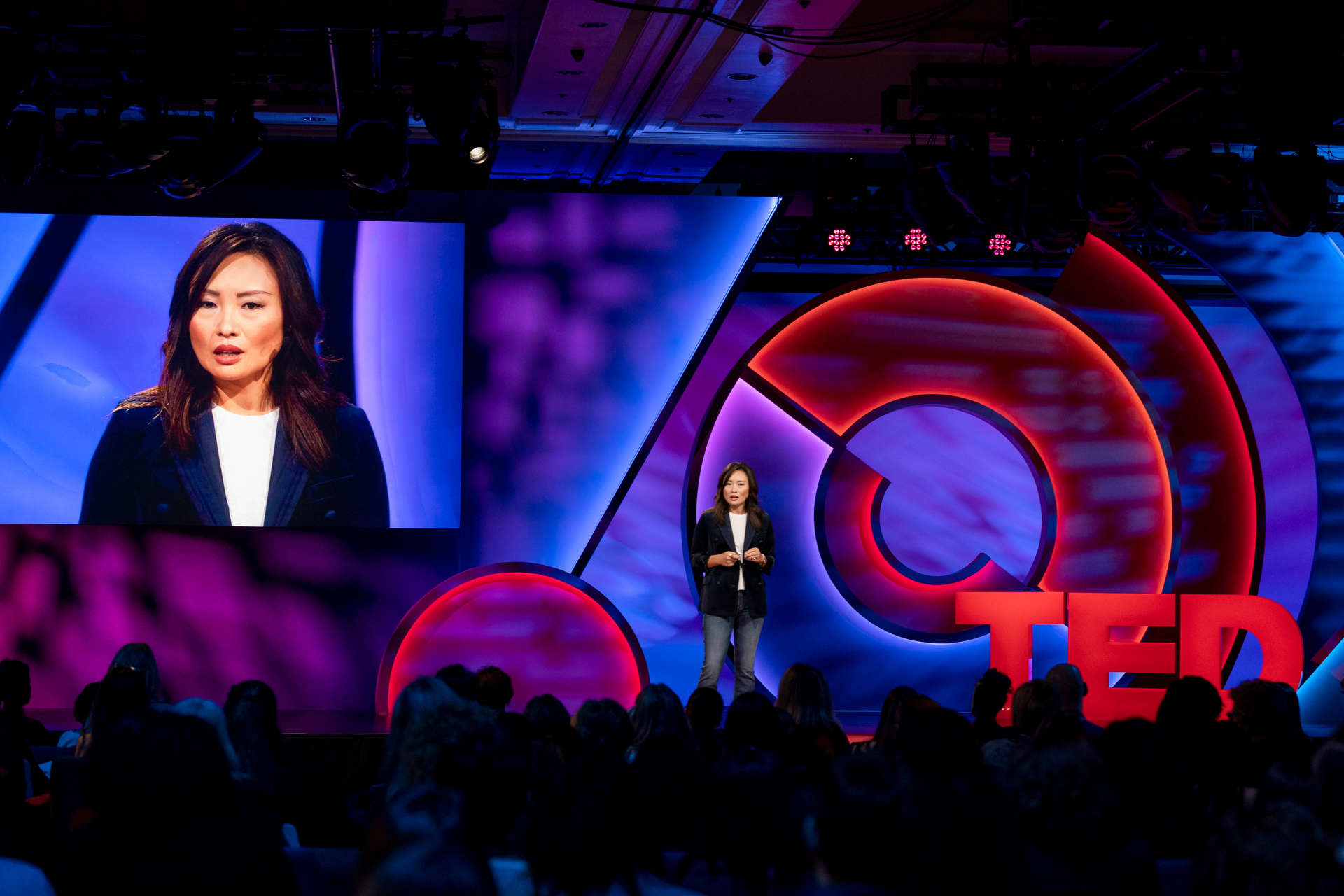Margaret Mitchell Keynote Speaker
- Leading researcher in ethical AI and a pioneer in the field of machine learning
- Chief Ethics Researcher at Hugging Face
- Former AI Researcher at Microsoft and Google
Margaret Mitchell's Biography
Margaret Mitchell is a researcher focused on the ins and outs of machine learning (ML) and ethics-informed AI development in tech.
She has published over 50 papers on natural language generation, assistive technology, computer vision, and AI ethics. Margaret holds multiple patents in the areas of conversation generation and sentiment classification.
Mitchell is currently the Chief Ethics Scientist of tech start-up, Hugging Face. There she drives forward work in the ML development ecosystem, ML data governance, AI evaluation, and AI ethics.
Formerly Google AI’s Staff Research Scientist, Margaret founded and co-led Google’s Ethical AI group. She focused on foundational AI ethics research and operationalising AI ethics Google-internally. Before joining Google, Margaret was a researcher at Microsoft Research where she worked on computer vision-to-language generation. She was also a founding member of the company’s “Cognition” group that focused on advancing artificial intelligence.
Margaret Mitchell received her postdoc at Johns Hopkins and holds a PhD in Computer Science from the University of Aberdeen and a Master’s in Computational Linguistics from the University of Washington. While earning her degrees, she worked concurrently on machine learning, neurological disorders, and assistive technology at Oregon Health and Science University.
Mitchell has spearheaded a number of workshops and initiatives at the intersections of diversity, inclusion, computer science, and ethics. Her work has been widely implemented by multiple technology companies and received awards. One of the projects she worked on at Microsoft, Seeing AI, an application that provides descriptive visual information for the blind won the prestigious Helen Keller award in 2017.
Margaret Mitchell is a leading expert on machine learning bias, the evolution of AI and an advocate for race and gender diversity in technology. Her pioneering research, systems, and work have played a pivotal role in the history of AI.


















